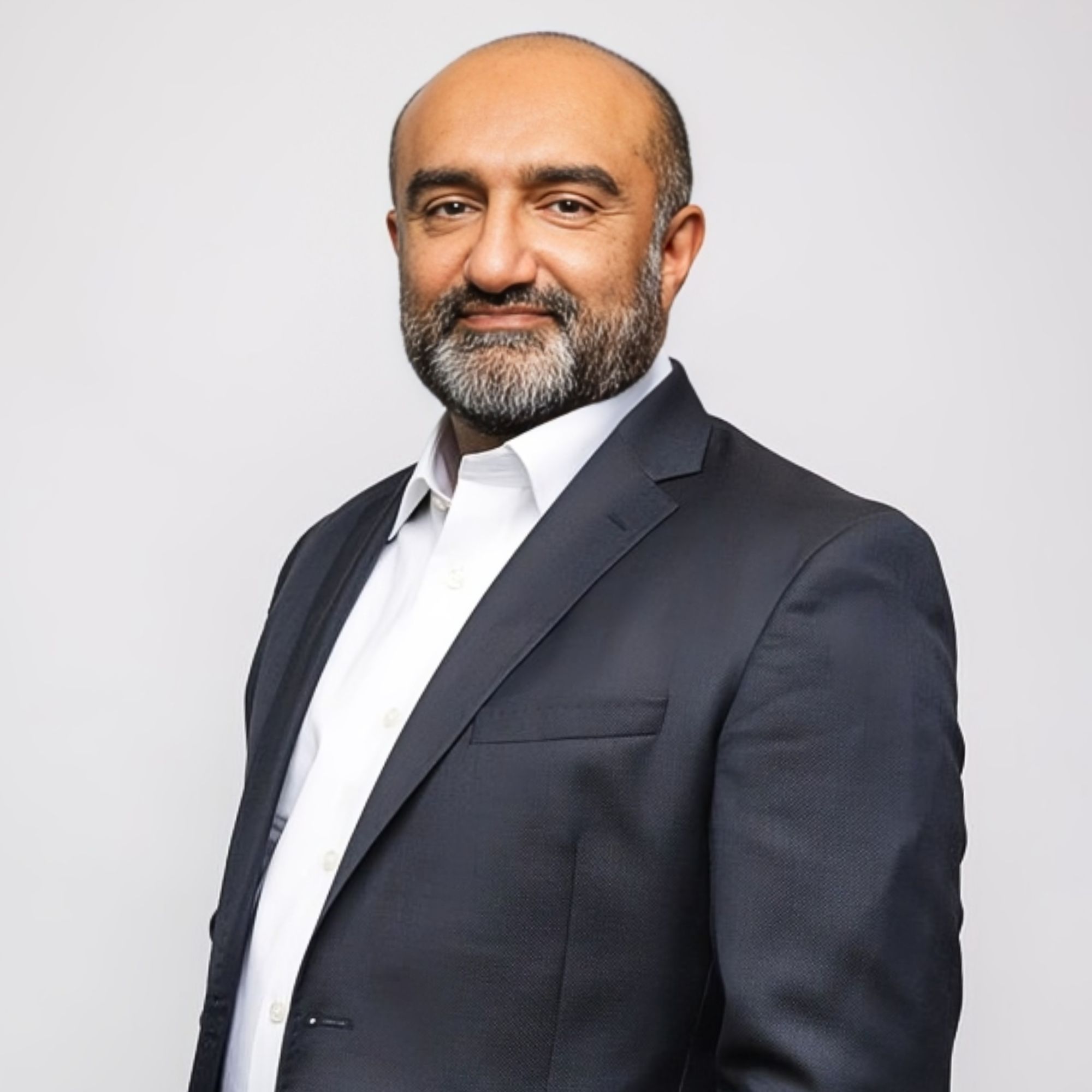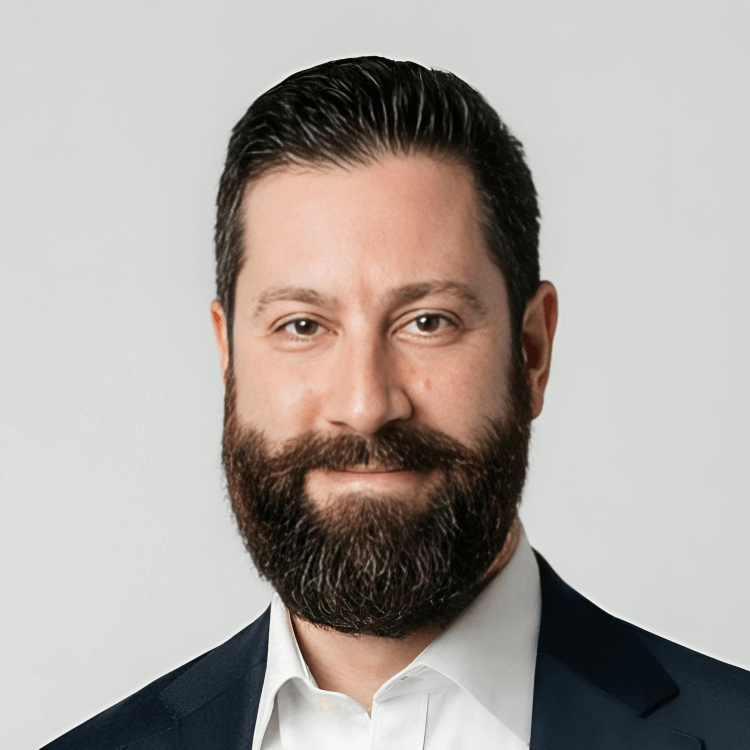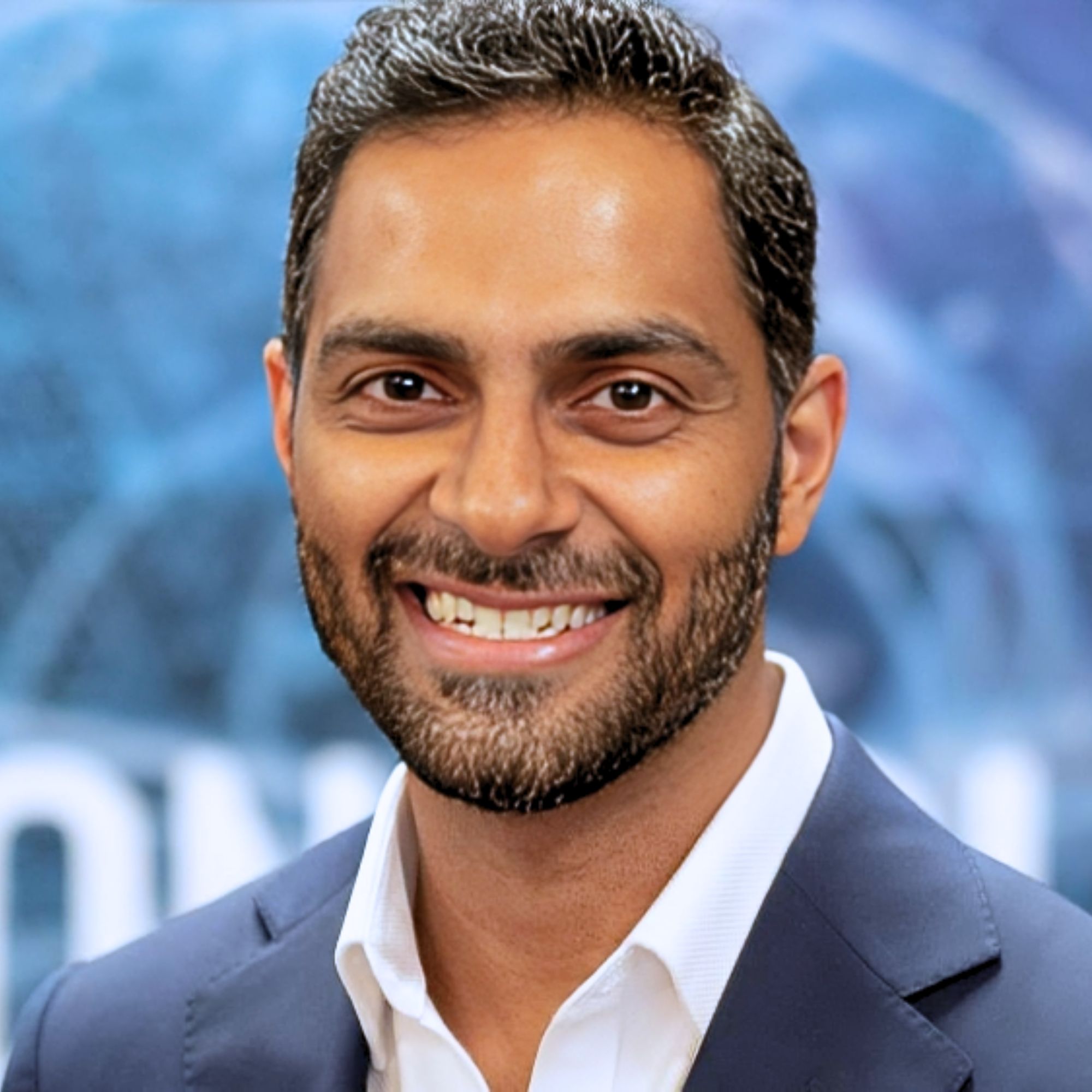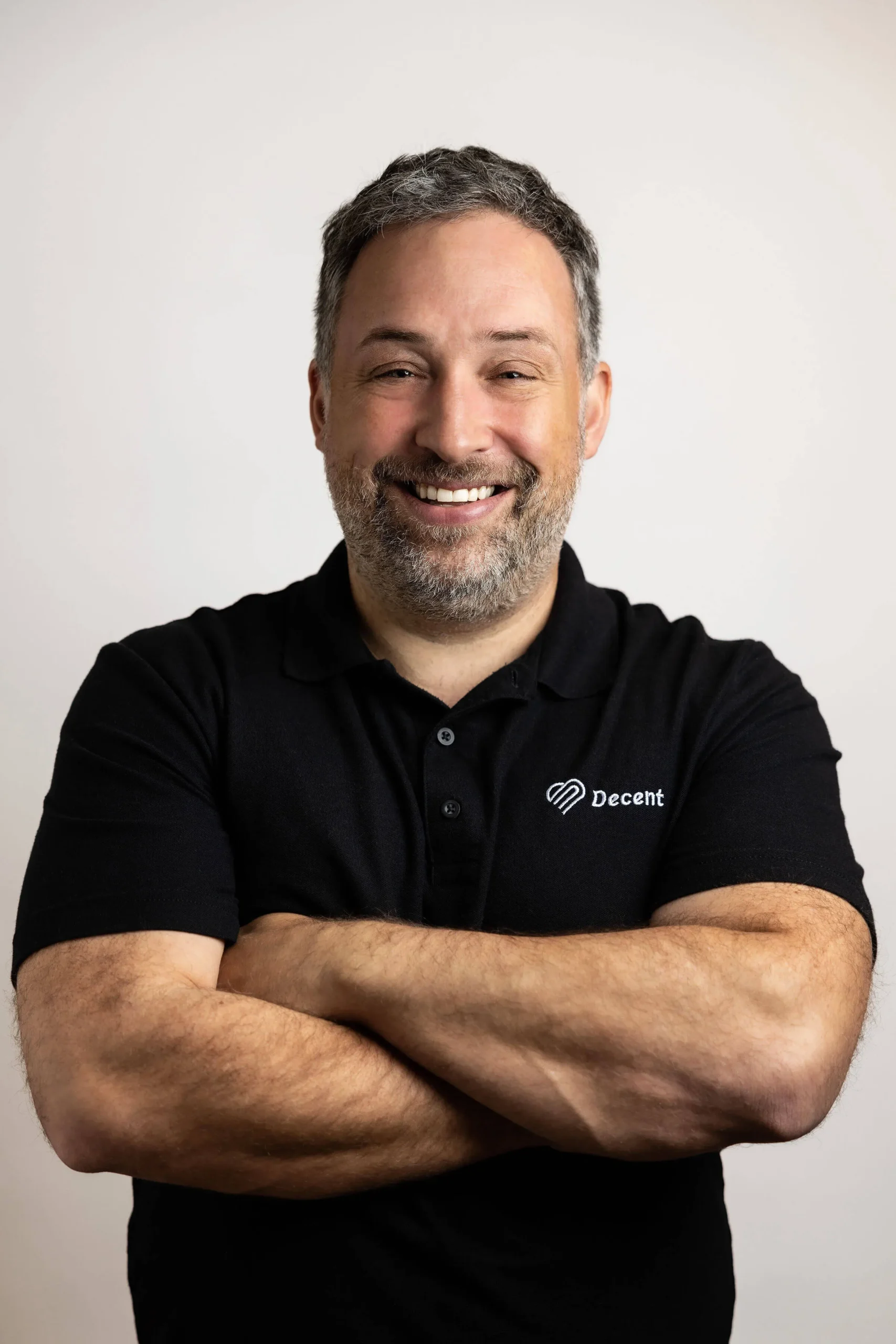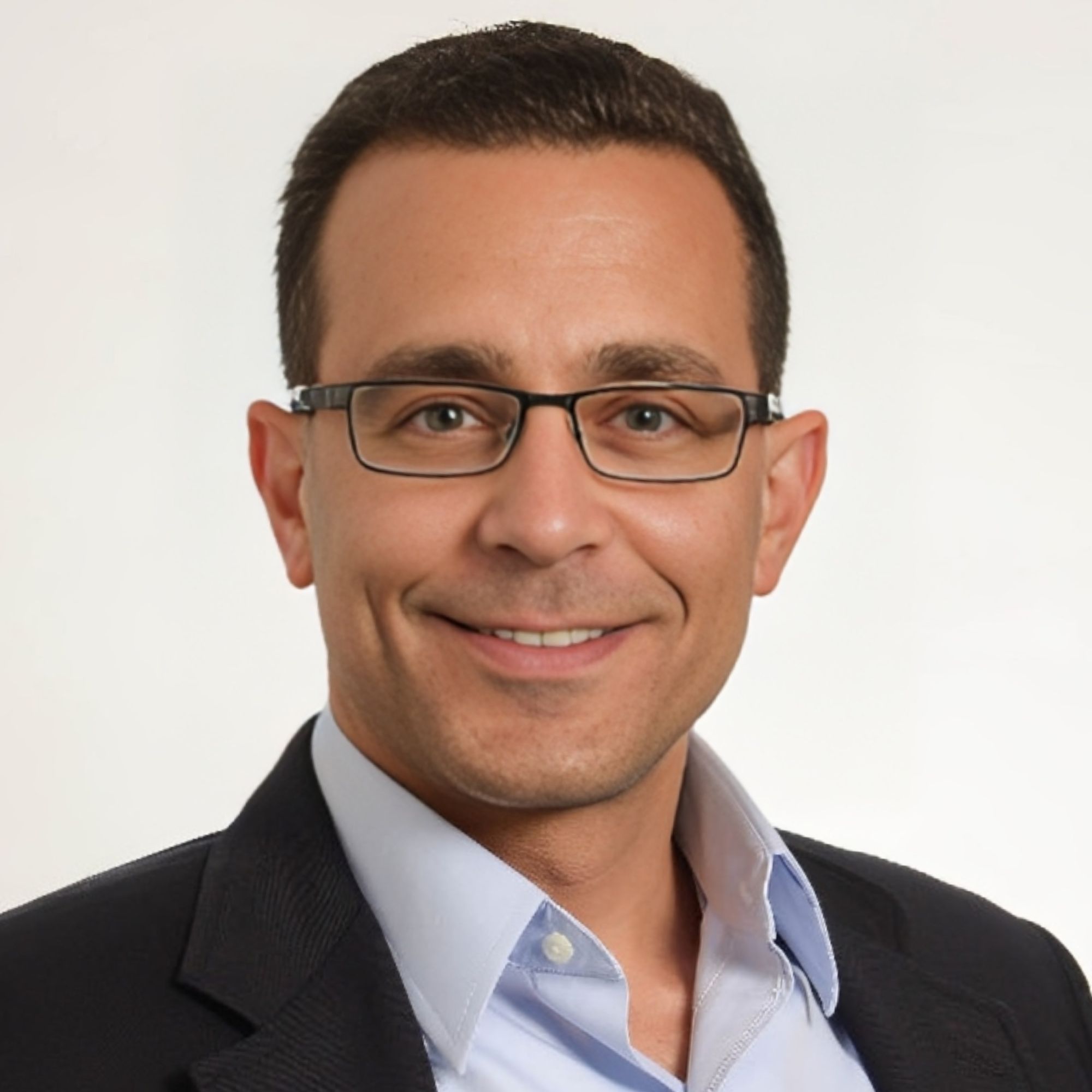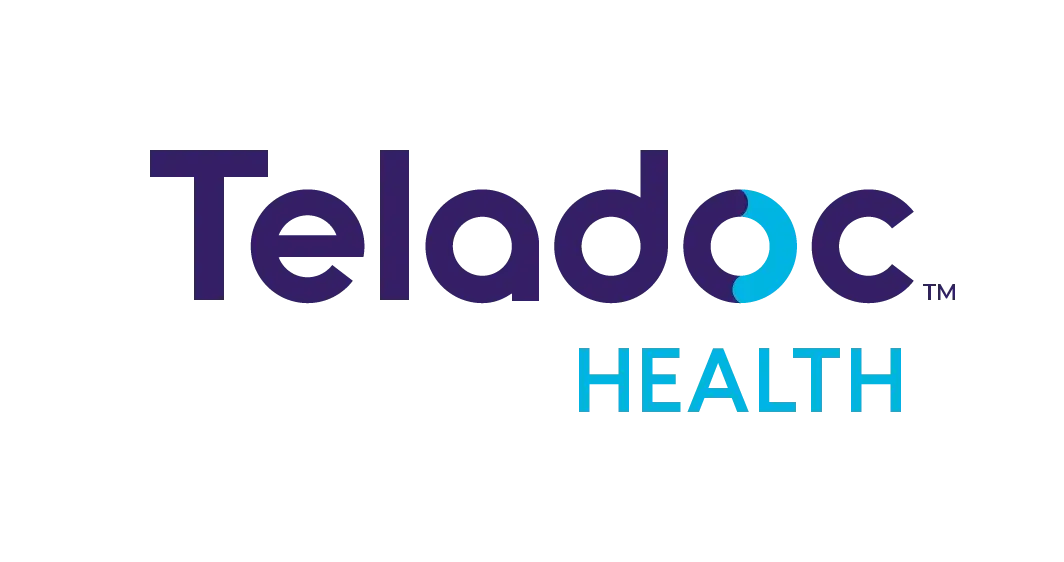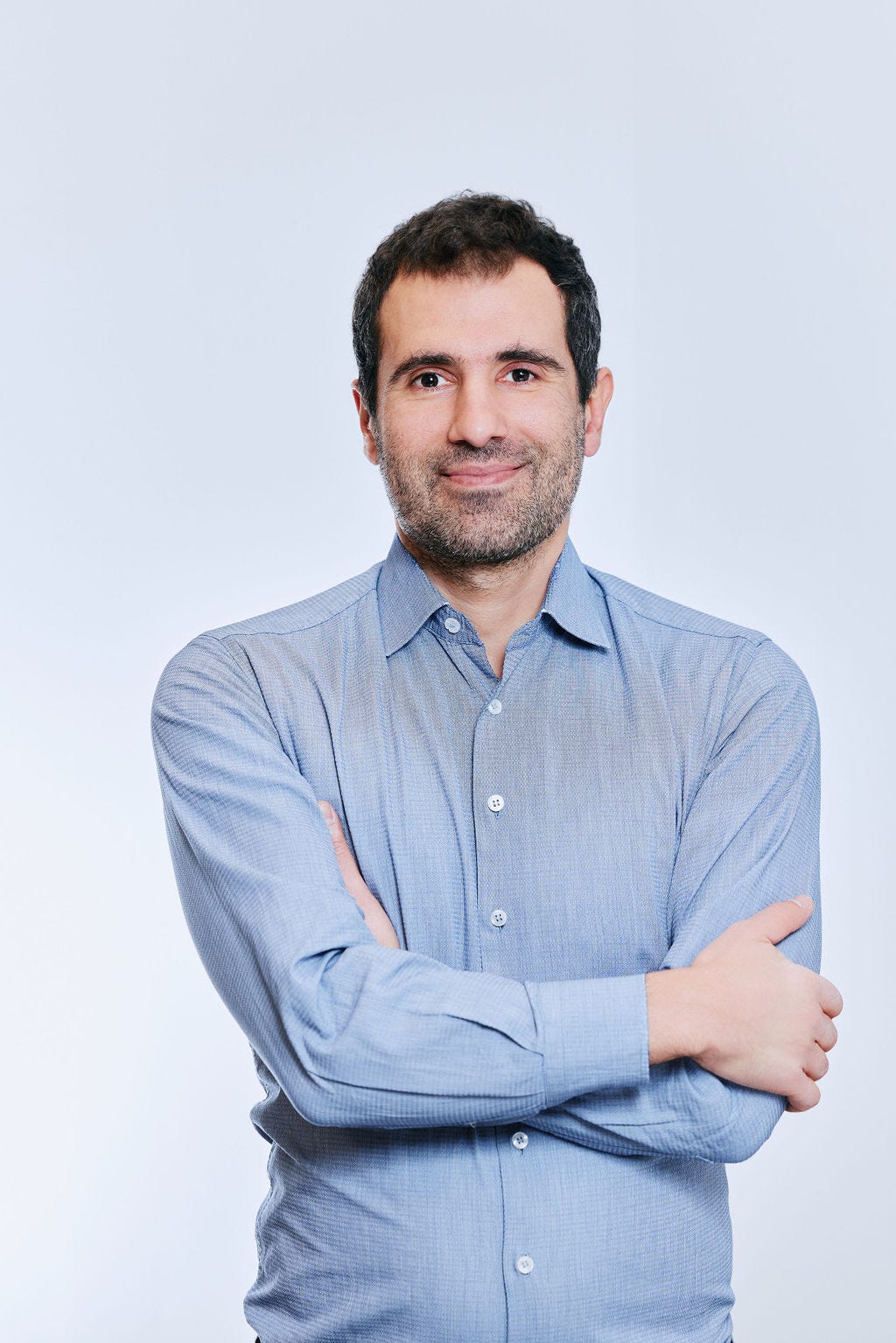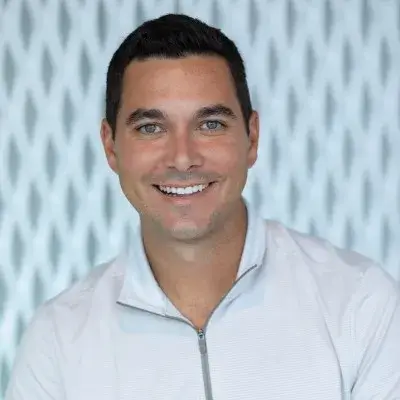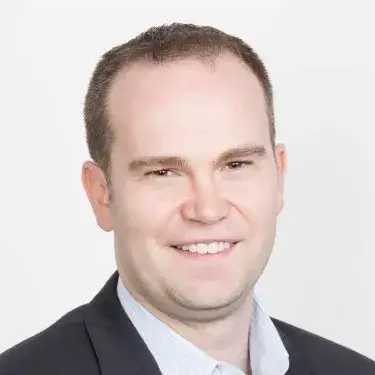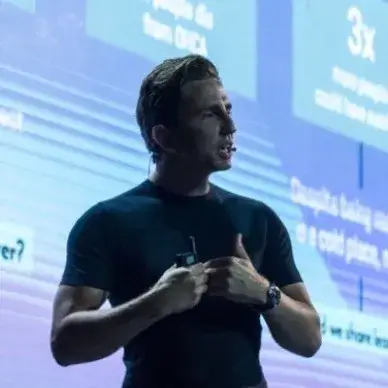Ready to build your own Founder-Led Growth engine? Book a Strategy Call

Frontlines.io | Where B2B Founders Talk GTM.
Strategic Communications Advisory For Visionary Founders
Actionable
Takeaways
Leverage Operator Experience in Product Development:
Siftwell's success stems from combining deep industry expertise with advanced technology. As Trey explains, many technologists enter healthcare with "cool mousetraps" but don't understand the complexity of problems facing managed care organizations. B2B founders should either deeply learn their target industry or partner with domain experts who can translate technical capabilities into meaningful solutions.
Focus on Results Over Technical Specifications:
While model accuracy matters, Trey emphasizes that customers care more about concrete outcomes like reduced emergency department visits or lower readmission rates. B2B founders should prioritize communicating business impact over technical superiority, especially when selling to C-suite buyers who care about operational results.
Navigate Category Creation Through Problem-Solving:
Rather than forcing themselves into existing categories, Siftwell created their own space by solving specific customer problems. They used the familiar entry point of predictive analytics but differentiated by combining it with deep operational expertise and actionable insights. B2B founders should consider how their unique approach to solving customer problems might transcend traditional category definitions.
Build Go-To-Market Around Industry Context:
In healthcare's highly referential market, Siftwell prioritizes face-to-face interactions, speaking engagements, and leveraging existing relationships. They focus on educating prospects about practical implementation rather than technical complexity. B2B founders should align their marketing strategy with their industry's buying patterns and decision-making culture.
Choose Strategic Investors for Long-Term Success:
Trey emphasizes the importance of founder due diligence in fundraising, particularly in finding investors who understand the industry, company culture, and vision. B2B founders should look beyond capital to ensure their investors can provide relevant expertise and support for their specific market.
Conversation
Highlights
From Health Plan CEO to Healthcare AI Founder: The Tactical Playbook for Winning Enterprise Deals
Most healthcare technology founders enter the market armed with innovative algorithms and bold promises. Few survive first contact with the industry’s reality: that healthcare buyers don’t care about your model’s accuracy—they care about results.
In a recent episode of Category Visionaries, Trey Sutten, CEO and Co-Founder of Siftwell Analytics, a healthcare technology company that’s raised over 5 million in funding, shared how his unconventional path from Medicaid CFO to health plan CEO shaped an entirely different approach to building and selling healthcare AI.
The Operator’s Advantage in an Overhyped Market
When Trey decided to build Siftwell, he wasn’t chasing the AI hype cycle. He was solving a problem he’d lived through as an operator: health plans couldn’t effectively match resources with the right individuals at the right time.
“As we were merging the previous health plan, which was a Medicaid plan, I started to collect the C level executives and say, hey, you know, now that we’re figuring out what our next thing is, what is it that the market needs? Where is their holes?” Trey explained. The answer became Siftwell’s foundation: using machine learning not just to make predictions, but to explain why those predictions matter and what to do about them.
This operator-first mentality shaped everything about Siftwell’s GTM strategy. While competitors focused on touting algorithm accuracy metrics, Trey focused on outcomes. “I think a lot of people, a lot of technologists have entered the healthcare industry and thought that, you know, it was a better model, a better mousetrap that was going to do it. They wanted to talk about accuracy measures like area under the curve or something,” Trey noted. “What I can say, being a former operator, is, yeah, I want you to do that as best as you can. But what way more important to me is getting the results that I’m trying to get.”
Proving Technology Before Selling It
Most founders rush to market with minimum viable products. Trey took a different approach, one informed by his operational background. Before making a single sales pitch, Siftwell needed to prove the technology worked in the real world.
The team acquired sample data sets with millions of lives, ran competitive analyses with data scientists, and identified what differentiated their approach. But the critical step came next: convincing an actual health plan to provide real, live data for pro bono analysis.
“Those early days were really about like, you know, is the advancements that are being made in machine learning and artificial intelligence, can they truly be applied in the context of healthcare?” Trey said. “And the answer resoundingly came back yes.”
That pro bono client eventually converted to paying customer—validation that the technology delivered on its promises. This methodical approach to product-market fit gave Trey the confidence to scale, but more importantly, it gave him credible proof points for future sales conversations.
Speaking the Language: The Unfair Competitive Advantage
At Digital Health New York, Trey witnessed something that crystallized Siftwell’s competitive moat. During a panel discussion, founders in the audience stopped the conversation to ask for explanations of basic healthcare acronyms.
“The acronyms were so fundamental to healthcare and so basic to healthcare that I was actually surprised that somebody was pausing us to get an explanation,” Trey recalled. His advice to healthcare technology founders was unequivocal: “Learn the space or learn one space and really focus on it.”
This deep domain expertise became Siftwell’s GTM weapon. “What gets us into the door oftentimes is the fact that we are, you know, a number of the members on the team are former managed care operators, and we speak the language, we know the problems,” Trey explained.
For Siftwell, this meant sales conversations centered on managed care challenges, not technology features. When prospects discussed utilization management, readmission rates, or member engagement, Trey could respond not as a vendor, but as someone who’d faced those exact problems from the operator’s chair.
Category Positioning: When Being Different Matters More Than Being Better
Siftwell operates in the predictive analytics category, but Trey deliberately positions the company as something different. “We broadly fall under the category of predictive analytics, but we’re an entirely different animal, Brett,” he explained.
The distinction matters because traditional analytics solutions focused on predictions without context. Siftwell goes deeper: “We’re taking really deep and battle tested managed care experience, combining it with these advanced Technologies to not only point out who they should focus on, but why they should focus on and even what they should do in order to better engage them.”
This positioning allowed Siftwell to capture demand from buyers searching for predictive analytics while differentiating on the dimensions operators actually cared about: actionable insights, not just accurate models.
The Referential Market Playbook
Healthcare isn’t a market you crack with digital marketing funnels and SEO plays. Trey’s GTM strategy centered on what works in highly referential markets: relationships, face-to-face interactions, and education.
“For us it’s a highly referential market, you know, so it’s getting out there, it’s relying on long standing relationships that you had, it’s being face to face,” Trey said. “I spent a lot of my time on the road interacting with our existing customers, making connections with new customers, panels, speaking opportunities, or just, you know, direct meetings with individuals or teams.”
But the face-to-face approach served a specific purpose beyond relationship building. Trey used these interactions to dismantle misconceptions that prevented buyers from acting. “There’s a lot of misconceptions around some obstacles that people think that they’ve got,” he explained. “Getting out there, educating people on this isn’t really big and scary tech, but rather you can get started today and in fact you need to.”
Due Diligence Works Both Ways
When it came to fundraising, Trey learned that founder due diligence on investors matters as much as investor due diligence on founders. “How important it is to do your due diligence as a Founder,” he emphasized. “I have often heard about founders getting funding. That was the exciting piece. But then there was a mismatch between what the company actually needed and who ended up on their board.”
For Siftwell’s next funding round, Trey’s focus extends beyond capital to alignment: “Making sure that there’s the experience match, there’s the industry expertise match, that there’s a cultural match, all the rest of it that we eventually are going to be working with, understand what we’re building, how we’re building it and why we’re building it.”
Building Toward Agentic AI
Looking ahead, Trey’s vision for Siftwell extends beyond predictions to autonomous action. “I imagine a future, Brett, and we’re building it where I can tell you who’s not going to get a cancer screening. I can contextualize them, including the level of rurality. I can spin up care plan associated with that member, that individual member,” he explained.
The vision includes automatically shipping screening kits to rural patients, scheduling appointments for urban members, and brokering provider-patient exchanges—all triggered by AI predictions. “That’s the future that I want to build and that we’re already building,” Trey said.
For healthcare technology founders, Trey’s journey offers a clear lesson: in a market drowning in AI hype, domain expertise and operator empathy create defensible competitive advantages. The best healthcare technology doesn’t just make accurate predictions—it speaks the language of the buyer, solves their actual problems, and delivers measurable results.








